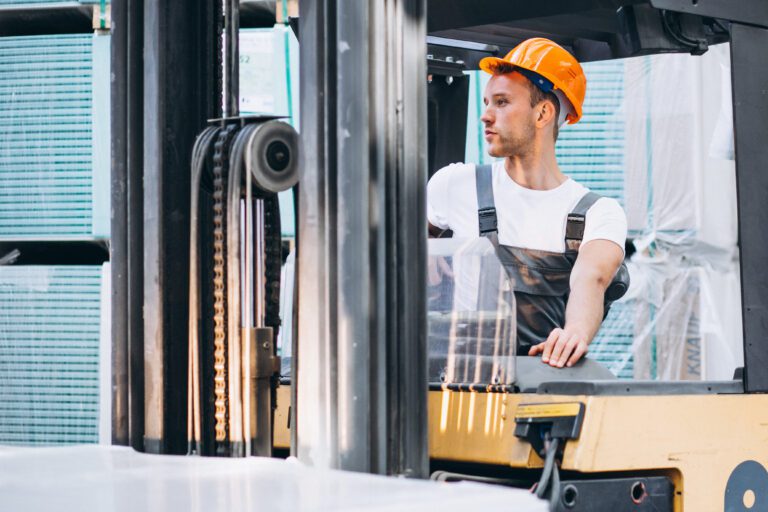Why LOLER Inspections Matter for Businesses in Gainsborough
Industry in Gainsborough
Gainsborough, a market town in West Lindsey, Lincolnshire, has a long-standing industrial heritage, particularly in engineering and manufacturing. During the 19th and early 20th centuries, Gainsborough became a centre for heavy industry, most notably through Marshall, Sons & Co., a world-renowned engineering firm that produced steam engines, agricultural machinery, and later diesel engines. The company’s legacy still resonates in the town today, with parts of the old factory site now housing the Marshall’s Yard shopping centre—an award-winning regeneration project that blends retail with historic architecture.
Today, Gainsborough’s industrial landscape is more diversified. While traditional manufacturing has declined, light industry and logistics now play a key role in the local economy. The town benefits from its location near major transport routes, making it attractive for distribution centres and supply chain businesses. There is also a growing focus on small-scale manufacturing and local enterprise, supported by development initiatives aimed at revitalising the town’s economy. Additionally, agriculture and food production remain significant in the surrounding rural areas, contributing to Gainsborough’s role within Lincolnshire’s broader economic framework.
Gainsborough’s History
Gainsborough has a rich and layered history that dates back over a thousand years. It is believed to have been the capital of the Anglo-Saxon Kingdom of Mercia at one point, and later, in 1013, briefly served as the seat of power for the Danish King Sweyn Forkbeard, making it one of the only towns in England to have been a capital of a Viking kingdom. This early prominence in the Viking and Anglo-Saxon periods marked Gainsborough as a place of strategic importance due to its location along the River Trent—a major inland waterway.
During the medieval and early modern periods, Gainsborough developed as a market town and inland port, with trade and river transport playing crucial roles in its growth. In the 17th century, the town had links to the Pilgrims who sailed to America, with nearby sites like Gainsborough Old Hall associated with religious dissenters and Puritanism. The Industrial Revolution transformed the town with the rise of engineering and manufacturing industries, cementing its role as a working-class industrial hub through the 19th and early 20th centuries. Today, Gainsborough continues to evolve, balancing its rich heritage with efforts to modernise and attract investment for future growth.
For these businesses, staying compliant with the Lifting Operations and Lifting Equipment Regulations 1998 (LOLER) is not just a legal requirement—it’s also about safeguarding your employees, protecting your business reputation, and ensuring your equipment remains safe and reliable.
Legal Requirements Under LOLER 1998
LOLER regulations place strict duties on business owners and equipment operators. Any business in Gainsborough that owns or operates lifting equipment must ensure that:
-
Lifting equipment is safe to use.
-
Examinations are carried out at regular, legally required intervals.
-
Inspections are conducted by a competent and impartial person.
Failure to comply can lead to heavy fines, prosecution, and serious safety risks.
Protecting Your Workforce and Your Business
At SEIS, we know that every business in Gainsborough – whether in heavy industry, healthcare, education, or automotive—depends on reliable, safe equipment. Regular LOLER inspections & LOLER testing reduces the risk of accidents, protect your workforce, and ensure smooth day-to-day operations. Compliance not only keeps you legal, but also demonstrates a strong commitment to employee safety.
Book LOLER Inspection



